Modern Foreign Languages at Chantry: Building Confident Linguists
At Chantry, we believe every child deserves the opportunity to enjoy learning a foreign language. Through French and Spanish, we help pupils develop essential communication skills, cultural awareness, and a love of language learning that will stay with them throughout life.
Our MFL lessons are interactive, supportive, and fun. From Key Stage 2, pupils build strong foundations in speaking and listening, supported by phonics-based teaching and visual prompts. In Year 7, pupils begin learning Spanish alongside French, discovering how the two languages complement each other. We focus on real-life communication, pronunciation, grammar, and vocabulary through engaging activities like songs, conversations, games, and authentic texts.
To ensure every pupil makes progress, teachers break down learning into small steps and check understanding regularly using mini whiteboards, questioning, and visualisers. Mistakes are seen as learning opportunities. Teachers adapt future lessons based on common misconceptions and provide whole-class feedback to address any misunderstandings.
Retrieval activities are a key feature in every lesson, helping pupils to remember and apply what they’ve learned. Assessments in listening, reading, and writing take place at the end of each topic, with self and teacher feedback guiding pupils to improve.
Our curriculum is designed to promote resilience, creativity, and curiosity. SEND pupils are supported through resources like help maps, subtitles, transcripts, sentence starters, and cloze tasks. Guided practice, visual scaffolds, and flexible task options ensure all pupils can participate and succeed.
Beyond lessons, MFL comes to life through enrichment opportunities such as the European Day of Languages, university-led workshops, film days, cultural celebrations, and even international trips. Pupils gain real insight into the cultures of French- and Spanish-speaking countries and see the wider world open up to them through language.
At Chantry, we don’t just learn languages—we live them!

